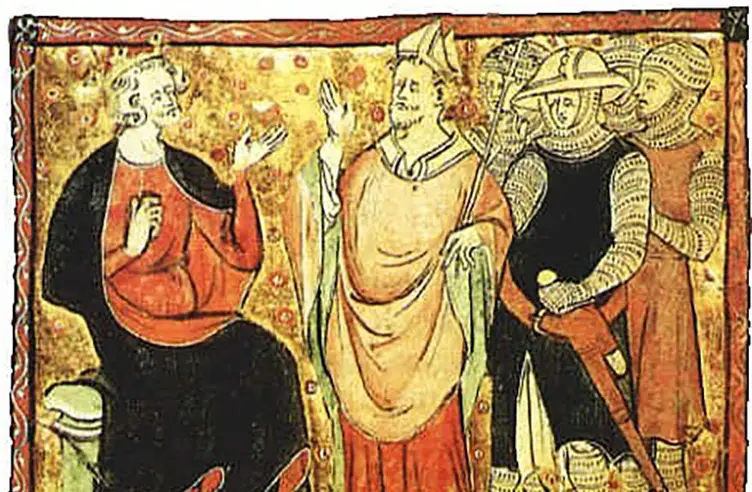
Worship Is a Verb
Those arguing about the necessity of churches gathering together for public worship during the coronavirus pandemic would do well to remember that worship is a verb and not a noun. Worship is something one does, not a destination to which one goes.
In John 4:24, Jesus said worship of the Father is done in “spirit and in truth.” Worship is not connected to a holy place. Worship is the Holy Spirit’s inspired confession that “Thou art my God,” to use the language of H. Richard Niebuhr.
The Hebrew word most used for worship is sarah meaning “to bow down.” The word reflects the idea of God’s presence in the act or place of worship. For the Jewish Patriarchs worship could take place wherever they encountered God. As a response to meeting God, they often built altars, made sacrifices and prayed. They worshiped.
Later Israel cherished its physical aids to worship — the tabernacle, synagogues, even the Temple. But physical presence in a special place was never equated with worship. Worship was found in the giving of tithes, offerings, sacrifices, and prayers.
In Greek, the most used word for worship is proskynea meaning to “kneel before.” Other words for worship mean “to serve” or “to revere.” All are verbs showing action. Again, worship is something one does. It is not tied to place.
Those few times one finds worship as a noun in the New Testament, it is usually tied to “reverential service,” scholars say.
The Apostle Paul makes this point in his letter to the Ephesians and, again, in his letter to the Colossians. In the first letter, he reminds to “make music in your heart to the Lord, always giving thanks to God the Father for everything in the name of our Lord Jesus Christ” (Eph. 5: 19–20).
The Colossian letter teaches that Christian believers encourage one another in order that they might have “gratitude in your hearts to God” (Col. 3:16). Both teach that even when others are present, worship is a personal experience of praise, thanksgiving, adoration, confession, and obedience to God.
To be sure, both letters stress the importance of corporate worship. How else could they encourage, teach and admonish one another? The Christian church has always been a worshiping community. Believers need one another. The current shelter-in-place orders remind us of that fact.
My Sunday School class now meets via Zoom. So do countless others. My church live streams its worship service. Neither is the same as being together in person but we still learn. We still are encouraged and admonished. And we still worship.
For those without these technological wonders, one can always do what Christians have done for centuries. By one’s self or as a family, people can gather around an open Bible and be encouraged through readings, teachings, hymns, and prayers.
Anywhere, anytime Christian believers can worship God in spirit and in truth because worship is a verb. It is something we do. It is not a place we go.

